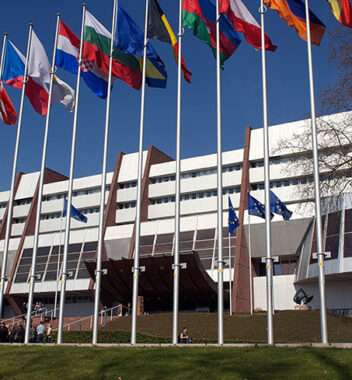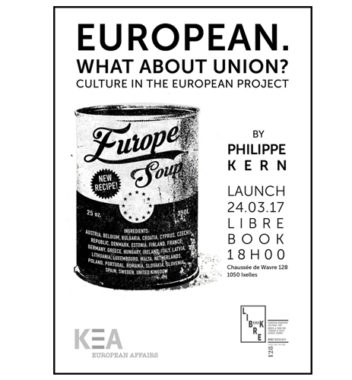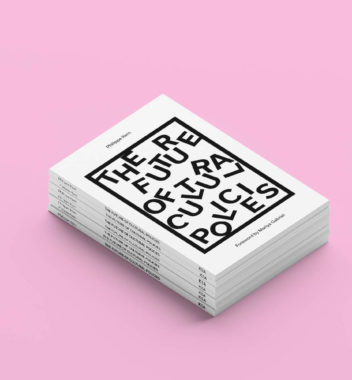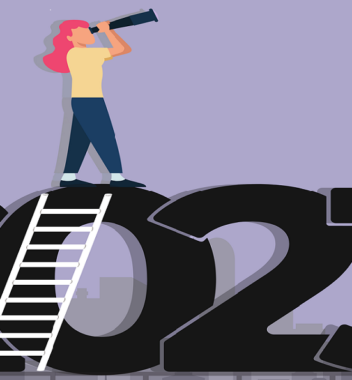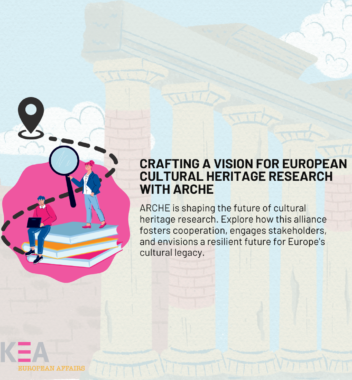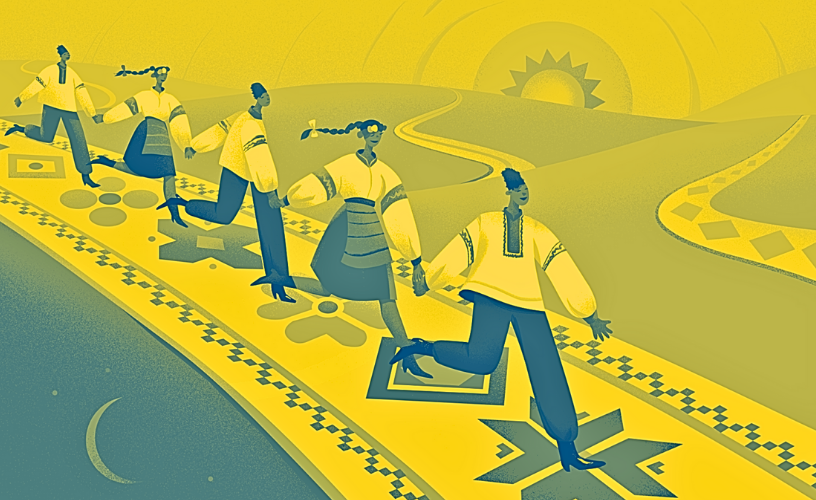
As we mark the solemn occasion of the 2nd anniversary of the conflict in Ukraine, we are reminded not only of the devastation wrought by war but also of the unwavering resilience of the Ukrainian people. In the face of adversity, culture emerges as a catalyst for recovery and hope. Amid the unfolding conflict, the European Union reaffirms its commitment to supporting Ukraine’s cultural and creative sectors, recognizing their pivotal role in rebuilding the nation’s spirit and identity. On February 6, 2024, the European Parliament and the Council struck a political deal on the Ukraine Facility, a dedicated instrument that will enable the EU to furnish Ukraine’s recovery, reconstruction, and modernization with up to €50 billion in consistent and foreseeable financial aid from 2024 to 2027. Last week, on February 27, the European Parliament adopted the agreed proposal, and the Council is anticipated to follow suit soon.
The resilience of the Ukrainian cultural and creative sectors: A European workshop
In this context, Yana Barinova’s mission unfolds in Brussels as part of her broader engagement with European institutions and organisations to rally support for Ukraine’s Recovery Plan. As the Project Manager for European Policies and Ukraine at ERSTE Foundation, she participated in substantial discussions throughout her visit this week and yesterday, March 7, she presented ERSTE Foundation’s capacity-building initiatives for Ukrainian experts and young professionals to approximately 70 CCS practitioners from both the EU and Ukraine, with a particular focus on the Policy Labs. In the same occasion Philippe Kern, Founder and Managing Director of KEA European Affairs, moderated the panel “How to foster the contribution of Ukrainian cultural and creative sectors to economic growth and recovery?“. Both activities took place during the Workshop organised by Cultural Relations Platform and the EU Commission’s DG EAC between March 7-8 in support of Ukraine’s cultural and creative sectors. The panel featured a diverse lineup of speakers, each bringing valuable expertise and perspectives to the discussion. Luiza Moroz, representing the Ukrainian Centre for Cultural Research, emphasized the importance of cultural diplomacy and international relations in post-war reconstruction. Yulia Fediv, a member of the Coalition of Cultural Actors, provided insights into the role of CCS in fostering inclusivity and accessibility in rebuilding efforts. Yaroslav Petrakov, as the Regional Coordinator for culture and media at the Restoring Ukraine Together project, highlighted the need for better measurement tools to demonstrate the impact of culture on economic and societal outcomes. Pierluigi Sacco, a Professor of Economics at the University of Chieti-Pescara, brought expertise on the intersection of culture, mental health, and economic sustainability. Tiffany Fukuma, the Managing Director of Trans Europe Halles, provided insights into cultural innovation and its role in facilitating recovery. Moderating the discussion, Philippe Kern guided the conversation with expertise in European cultural policy and affairs and his most recent experience within the Policy Labs. There was a call for integrating inclusivity and accessibility into post-war reconstruction efforts, with architects, designers, and creatives playing a crucial role. More, panellists highlighted the overlooked role of culture and the Arts in addressing mental health issues arising from conflicts like burnout, depression, and extreme stress. CCS offer unique avenues for expression, catharsis, and healing, serving as vital tools for post-conflict reconstruction. Therefore, incorporating CCS into recovery plans not only acknowledges the profound impact of mental health on societal well-being but also recognizes the intrinsic value of culture in promoting resilience, social cohesion, and individual empowerment – all essential for sustainable economic growth.
The Policy Labs
The Policy Labs form the cornerstone of ERSTE’s capacity-building initiative, providing an open platform for stakeholders from various sectors to brainstorm solutions for common challenges in creative industries, regional development, cultural heritage, and European integration. Running from 2023 to 2026, the Policy Labs are a collaborative effort between ERSTE Foundation, the Ministry of Culture and Information Policy in Kyiv, and KEA European Affairs, which developed and implemented the Labs’ methodology and a structured framework comprising of two laboratory days and a concluding final validation workshop. During the latest Policy Lab in November 2023, the focus was on assessing the readiness of Ukrainian cultural and creative sectors to benefit from the Facility considering current policy challenges and institutional gaps. With the forthcoming Recovery Plan from the Government of Ukraine set to prioritize the nation’s modernization and economic recovery, it is imperative for the CCS to demonstrate its potential contributions to these objectives. The Rapid Damage and Needs Assessment (RDNA3/2024) from the World Bank Group, the European Commission, the United Nations, and Ukraine reveals that the total cost of damage in the cultural sector in the country was estimated at US$3.5 billion, with losses in tourism and CCIs reaching US$19.6 billion. Among other consequences to the CCS, the war led to a significant displacement of cultural workers, with over 20% leaving the country and a 37% job loss in the creative industries sector. Over the next decade, recovery and reconstruction needs total US$8.9 billion, with priorities including emergency conservation, restoration, capacity-building, and legal protection. With this, it becomes even more crucial for the CCS to not only showcase its readiness to benefit from the Facility but also demonstrate how its revitalization efforts can directly contribute to the broader goals of modernization and economic recovery. Through shared insights and collective brainstorming, the workshop paved the way for tangible progress in those matters, as well as served as preparation for the upcoming 4th Policy Lab, scheduled for April in Vienna on the topic “Sustainable Governance of Public Interest Institutions in Times of Polycrisis”. We stood in solidarity with the Ukrainian people, reaffirming our commitment to supporting their cultural and creative endeavours. Together, we harnessed the transformative power of culture to rebuild, restore, and inspire a brighter future.
To know more:
https://keanet.eu/second-policy-lab-for-culture-to-address-social-resilience-in-ukraine/
https://keanet.eu/opinions/what-is-eu-doing-for-ukraines-culture/
European Commission, European Education and Culture Executive Agency, Supporting Ukraine’s arts and culture – EU values and solidarity at work, Publications Office of the European Union, 2024, https://data.europa.eu/doi/10.2797/813500
Cover image:
Ukrainian Vyshyvanka Day ©Outcrowd
Vyshyvanka Day is an international holiday that aims to preserve the Ukrainian folk traditions of creating and wearing ethnic embroidered clothes called vyshyvankas. It is celebrated the third Thursday of May. Vyshyvankas are, along with pysankas (traditional Ukrainian Easter eggs), one of the best known symbols of Ukrainian culture. The holiday is not tied to any state, ethnicity or religion.




